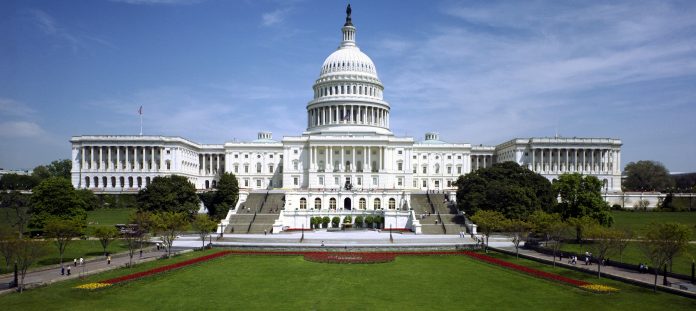The traceability of privacy coins becomes a goal of the US Government and the DHS, Department of Homeland Security, the powerful government body that deals with all internal threats and border control.
In a Pre-Solicitation document, the DHS requests the preparation of a set of tools, including the H-SB019.1-008, which specifically requires the provision of forensic analysis tools related to the traceability of Zcash and Monero, mentioned in the document in a specific way.
After having focused its attention on bitcoin, internal security begins to target those cryptocurrencies that have as a distinctive feature the protection of anonymity, the so-called privacy coins.
The organization turns to private individuals, especially small companies, to develop tools that allow the analysis of these blockchains, with the prospect of being able to follow any change in the future.
The request of the DHS proceeds in several stages: the first provides for the theoretical design of a tool that can analyze and track both the blockchain related to privacy and any further developments.
In the second stage, the tool designs will have to be implemented in a working prototype that will be applied to three sample cases concerning suspicious transactions with and without external data and on other blockchains.
Finally, there will be a third phase in which the products will be subject to a commercial purchase negotiation by the DHS and other federal departments, but may also be offered to private bodies, albeit with certain limitations.
Recently, the profiles of two Iranian citizens, who were directly linked to two Bitcoin addresses related to illegal activities, have been made public.
With this new tool, the DHS wants to move in an even more reserved area of the cryptocurrency sector in the hope of intercepting a greater number of suspicious transactions.



